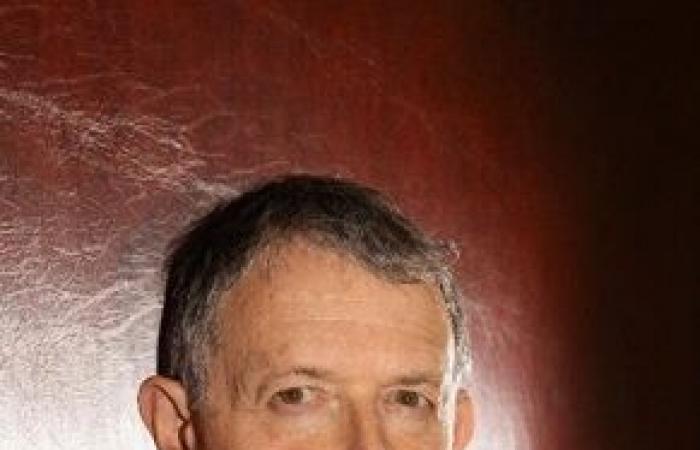When Professor Patrick Nataf trained in digital health in the 2010s, he faced a sad reality. “I noticed that the courses were only given by engineers or entrepreneurs. However, this did not meet the needs of doctors. I wondered why it wasn’t the doctors who came to present their health projects themselves. relate-t-il.
Convinced that innovations must come from those who work in health, Professor Nataf decided to launch, in 2017, with Professor Boris Hansel, a first multidisciplinary university diploma on connected health. “We ended up with hundreds of students per year“, he remembers. But the two professors realize that technology evolves very quickly. “When we talked about connected health [en 2017], we were talking about the applications that we now have on our smartphones. But in the meantime, artificial intelligence has developed and so have so-called immersive technologies. points out Professor Nataf.
Faced with this digital evolution, many health students feel the need to train on these new subjects. So, he chose with Professor Hansel to launch a new university degree, entitled metaverse in health. Over the past two years, advances in technology have made it possible to create new worlds or reproduce reality as closely as possible, in particular thanks to mixed reality headsets, which merge real and virtual environments.
In practice, using the Metaverse could be useful in several ways, including training. “Thanks to simulation, we can have an anatomy course in 3D. It’s not the same as having to turn the pages of a book to see the anatomical relationships between different organs. There, we could have them almost in our hand and we could turn them in all directions,” he explains.
In addition to training, the surgeon mentions remote expertise. “During a technical procedure, a surgeon could be guided remotely by an expert doctor, assures Professor Nataf. He can manage with his hands the different movements that the other has to make and tell him ‘there, you have to turn your hand like this’ or ‘you take your instrument and do that’.”
“There is still a whole set of regulations to be created”
These techniques are, for the moment, not yet used in France. “We only do research on immersive technologies.” Because if technology develops quickly, the same cannot be said of the regulations surrounding it. “There are issues of responsibility, ethics, protection of the person and their data. Everything is achievable, but not everything is used, there are still many things to do and a whole set of regulations to be created, specifies the professor. We treat people so we must be very careful and responsible before using these technologies.”
The DU metaverse in health therefore allows, in 71.5 hours, to address both a theoretical part with the description of these new tools, but also notions of regulation, data protection… as well as a practical part. Some students who participate in this course have an idea for a project to implement related to technology and health. According to these ideas, groups of two to five students are formed. “They have one year to ensure that their project develops as if they were developing their own start-up,” presents Professor Nataf. At the end of the year, a dissertation as well as a group defense will be carried out.
Faced with the enthusiasm, the two teachers had to limit the number of places. “We have difficulty channeling all the ideas, so we limit ourselves to 40-50 students per year to have something a little simpler and more structured,” he admits. To register, you must have a favorable “pedagogical opinion”, send a curriculum vitae as well as a cover letter. 300 euros in application fees are requested (students at Paris Cité University are exempt) as well as 1,400 euros for the entire year. Students, interns and interns must pay the sum of 810 euros for the entire year.
A teleportation capsule
Professor Nataf relies heavily on the use of technology to train students. He has a unique tool in his office at Bichat Hospital that he uses with his interns and young nurses: a teleportation capsule. “It’s like a space capsule, you go inside, and you’re transposed live into my operating room. That is to say that everything that happens in my operating room happens at the same time in the capsule. continues the professor.
Because in an operating room, there are codes, “things you don’t touch, places you shouldn’t go…”explains the professor. “When we want to understand how an operation is done, we enter this capsule, we discover this universe. We understand the interactions between the different stakeholders, it’s something that we cannot understand if we don’t enter this operating room. he assures. Students who enter the capsule can also interact with people in the block. “In the context of an operation, it is better not, but technically, they could even interact through gestures. We have the capacity to do almost everything that the people inside do,” says the surgeon. For Professor Nataf, this technique is very interesting for students, because “to learn the profession, you have to live it, you have to be there”, whether in real life or through technology.






